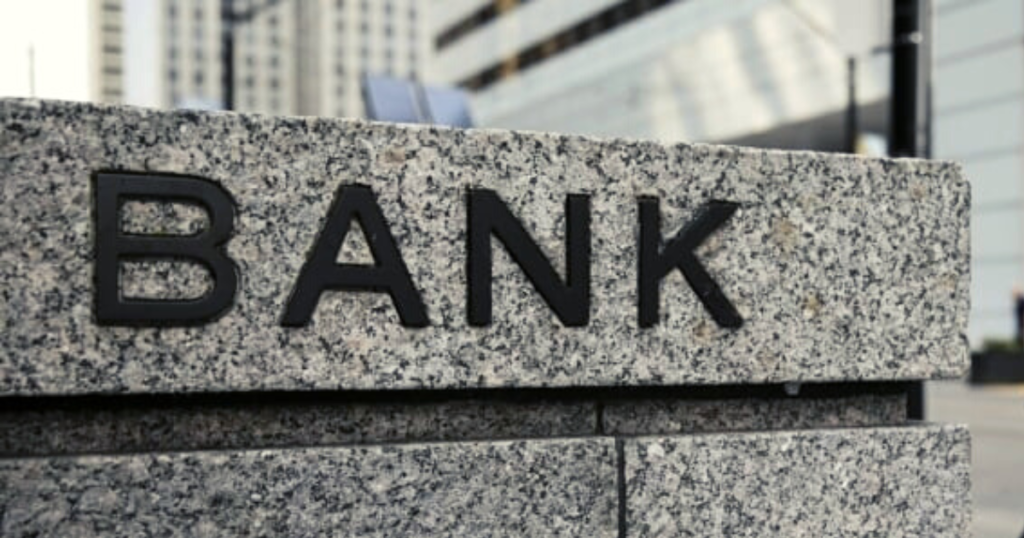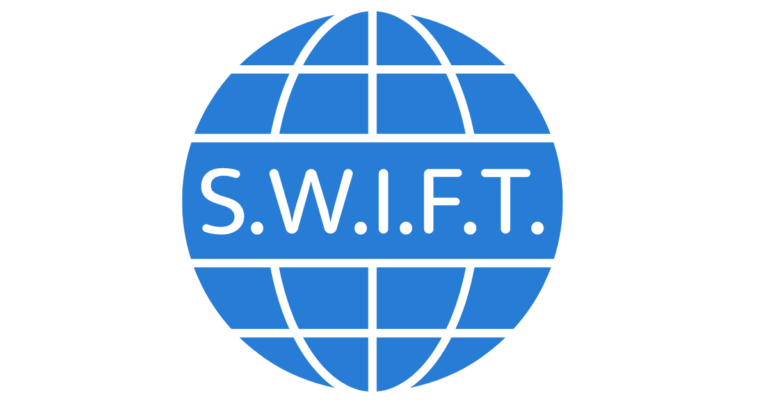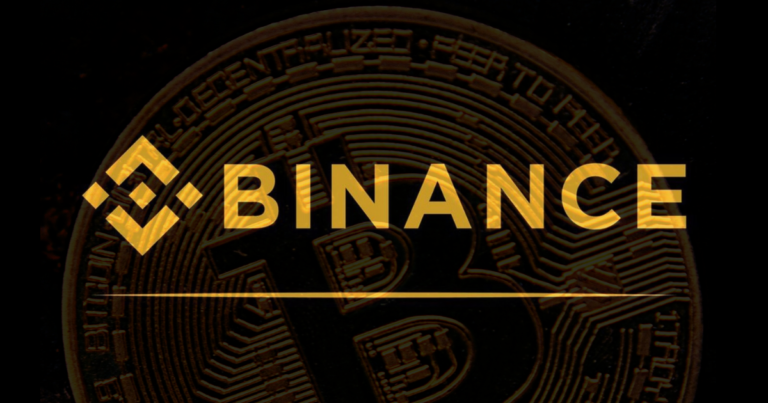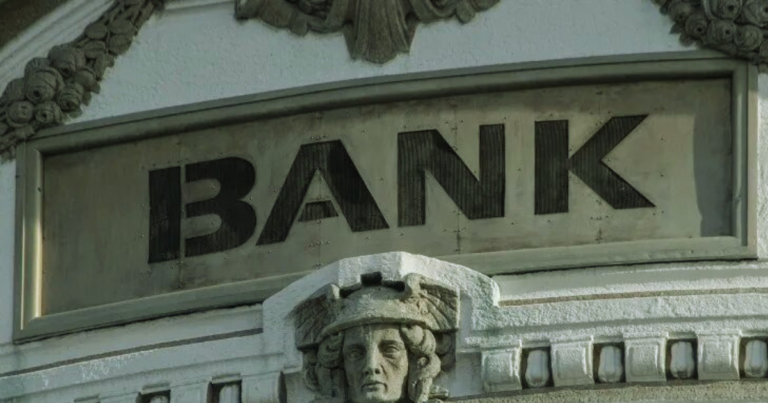Ukraine Alleges the USA and European Banks to Having Ties to Russia
The Ukrainian government has instructed the U.S. and European bank executives to cut links with organizations that sell Russian oil. At the same time, a top assistant to President Volodymyr Zelenskyy charged the lenders with “war crimes.”

Oleg Ustenko, Zelenskyy’s economic adviser, sent to bankers, including Jamie Dimon of JPMorgan Chase and Noel Quinn of HSBC, asking them to stop funding enterprises that buy and sell Russian oil shares in state-owned oil and gas giants Gazprom and Rosneft.
Letters to Financial Times
The Financial Times obtained copies of letters delivered this week to Citigroup and Crédit Agricole. Banks were charged with “prolonging” the war by financing firms that supplied Russian oil and were informed they would be barred from participating in Ukraine’s postwar rebuilding. n an interview with the Financial Times, Ustenko stated that once the war is over, Ukraine’s Ministry of Justice aims to file a lawsuit against the banking institutions at the International Court Of justice and that Ukraine’s security services are gathering information about the financial institutions that support Russian fossil fuels.
“In my opinion, they are committing war crimes as they are assisting and supporting the Putin administration in this precise way,” he stated, claiming that Russian oil and gas earnings subsidize the acquisition of missiles and rockets used against Ukrainians. The ICC has no jurisdiction to investigate or indict governments or companies.
Individuals from those organizations, however, may be investigated and prosecuted. The asset management divisions of HSBC and Crédit Agricole own stock in Russia’s national oil and gas companies, Gazprom and Rosneft. According to the letters, Citigroup offers credit facilities to Russian Oil and Gas companies Lukoil and Vitol, a Russian oil trader. JPMorgan supplies credit lines to Vitol, and its Russian Securities investment company owns holdings in Gazprom, Sberbank, and Rosneft, characterized as some of the Kremlin’s most vital economic assets in the letter.
Ukraine’s view
The Ukrainian administration is very infuriated by JPMorgan’s publication of an analyst note claiming that attempting to place a price restriction on Russian oil would push international costs toward a “stratospheric $380/bbl.” Ustenko protested in his letter to Dimon that the memoranda were “scaremongering, supported low-quality analysis,” which alluded to the soundness of the region of land as a “crisis” rather than a Russian invasion. JPMorgan declared in a very statement that it actively participated in implementing Western sanctions. Managing these developing sanctions has been a colossal job for all international monetary establishments that have swiftly and strictly imposed many-sided sanctions on Russia’s central banks, financial organization, firms, and people,” the statement continued.
Ukraine crisis’ effects on the U.S. and Europe
Russian bank stocks plummeted, while interest rates on (anticipated to default) Russian and Ukrainian national debt skyrocketed. o avert failure, Europe’s Single Resolution Panel intervened in Russia’s Sberbank branches in Croatia and Slovenia. Increasing inflation and sluggish economic growth may result in decreased profit creation for banks and a negative impact on retail operations performance.
Some U.S. hedge firms are purchasing Russian and Ukrainian bonds for pennies on the dollar, maybe relying on a quick end to the war. t is anticipated that U.S. property in Russia will be seized in reaction to U.S. sanctions, thereby ruling out any future recovery.
Cyber and ESG
Banks and financial institutions are on alert for an escalation in hacking attempts and Russian reprisal cyber-attacks after imposing sanctions by Western nations. GCS analysis of more than 7,500 insurance claims involving financial services companies over the past five years (worth $1bn+) shows that cyber incidents are the top cause of loss.
Cyber incidents were ranked as the top risk for the financial services sector by 51% of 872 respondents who participated in the Allianz Risk Barometer 2022 – the highest ever total. for companies, and their senior management, this ultimately requires them to maintain an active role in steering the information and communications technology risk management framework.
Banks respond to Ukraine.
Citigroup and Crédit Agricole did not explicitly reply to Ustenko’s comments but restated their earlier statements about halting and reducing their operations in Russia. SBC did not respond. Or their local companies, HSBC and Citigroup, are already negotiating with possible acquirers. Ankers privately stated that it has been hard to liquidate some of their Russian assets due to political instability or the restriction of trade in specific companies.
Vitol stated that it has reduced its Russian petroleum industry by 80% since the attack and that the excess amounts all comply with Western restrictions to keep Russian oil flowing. n London, David Sheppard and Jane Croft provided reporting.
European bank exposure to Russia
European banks with operations in Russia must choose between two unpalatable options: either make a hasty and likely costly withdrawal, leaving international clients stranded, or remain and cope with the complications of sanctions imposed and the possibility of domestic reaction.
Société Générale is one of five banks that are fast quitting Russia, well with the French institution estimating a €3.1 billion loss on the proposed sale of its local company. n contrast, its two largest outside competitors in Russia, UniCredit and Raiffeisen Bank International AG, have remained for the time being, despite international protests in response to President Vladimir Putin’s invasion of Ukraine. Leaving Russia might be costly since European banks have substantial exposures that would be difficult to offload in the face of global sanctions. Hey, have more than $84 billion in direction to the country, per the Bank for International Settlements.
They would also have to forsake profitable and legal businesses like agricultural or commodity finance, as well as contractual responsibilities, and perhaps leave foreign clients looking for assistance in scaling back their Russian enterprises. Exiting is not an easy procedure,” said Gwen Green, an international compliance attorney at Holland & Hart. There seems to be a lot to sort out.”
Green stated that banks must analyze the whole degree of their involvement, quantify the possible financial damages, and determine what to do about their local employees. However, staying in Russia has reputational risks as well as lesser potential benefits as the influence of restrictions on Russia’s economy corrodes the historically strong returns that banks have become accustomed to, according to Sam Theodore, a senior consultant at a credit research firm.
According to Theodore, the banks can sustain the collapse of their Russian operations due to robust capitalization and significant loan loss provision reserves left over from the COVID-19 outbreak. n a March 24 article, Theodore stated that European banks should cut all relations with Russia and depart as soon as possible since they will be unable to assure that any of their Russia-based business loans, local tax payments, or government debt holdings do not end up turning the Ukraine conflict.
U.S. bank exposure to Russia
Due to a lack of openness in disclosures thus far, investors may not fully understand U.S. banks’ exposure to Russia, and banks that generate considerable revenue from foreign operations may suffer in the long run, according to experts. o far, U.S. institutions have declared a total exposure of $14.7 billion. n comparison to Italian, French, and Austrian banks, which provide full exposure to Russia of little over $42.5 billion, U.S. banks appear less vulnerable.
Citigroup, on the other hand, startled experts on Monday by revealing that its entire exposure to Russia was about $10 billion, significantly more significant than previously stated. His revised figure included cash held at the Bank of Russia and other financial institutions, reversed reports, and other exposures to Russian counterparties.
Citigroup’s updated figure raised the possibility that other banks have more holdings than previously stated. JPMorgan expert Kian Abouhossein said in a research note issued on Tuesday that “transparency on bank exposure to Russia is inadequate.” “Most banks do not offer balance exposures, that do not provide specificity surrounding gross exposures,” Abouhossein said, adding that the derivatives exposure risk of U.S. banks.
As well as the impact of sanctions on their wholesale payments operations, are still unknown. Only a few banks in the United States have measured their Russia exposure. According to its recent exposé, Goldman Sachs Group Inc. informed $293 million in total exposure to Russia as of December 2021, as well as a total of $414 million in trading activity. The Bank of New York Mellon Corp. has less than $100 million in Russian exposure.
JPMorgan Chase & Co, Bank of America, & Wells Fargo & Co, the four largest U.S. banks, did not name Russia among the top 20 nations with the highest exposure in their most recent disclosures. Organ Stanley hasn’t specified the extent of its direction. Hile U.S. banks seem to have very little financial exposure to Russia than their European counterparts, Citi expert Ken Usdin believes they may face higher indirect effects due to the significant income generated by worldwide commerce. Because of their substantial worldwide revenue exposure, trust banks such as State Street Corp, according to Usdin, might face such an impact.
Russian retaliation against European banks
Banks are reducing their direct exposure to Russia via cross-border credit and derivatives holdings due to sanctions and punitive actions. Under severe circumstances, such steps may even compel banks to sell or leave their Russian operations. The ECB Banking Supervision is in constant communication with the concerned banks. Hey shall guarantee that possible risks and operational difficulties are adequately handled in such choices.
To monitor the impact on supervised banks, the ECB is in close touch with supervisory national competent authorities. Ost Russian-owned or directly linked to Russian banks in the eurozone are now monitored by the competent federal authorities. n these circumstances, the ECB fulfils its supervision responsibility by closely monitoring the situation and collaborating with national leaders.
Outside the eurozone, the ECB maintains regular touch with regulators such as the Bank of England and the Federal Reserve System. e collaborate bilaterally and through numerous international fora and collaborative actions carried out by supervising colleges. His is to guarantee that we are fully prepared to react to any significant innovations.







